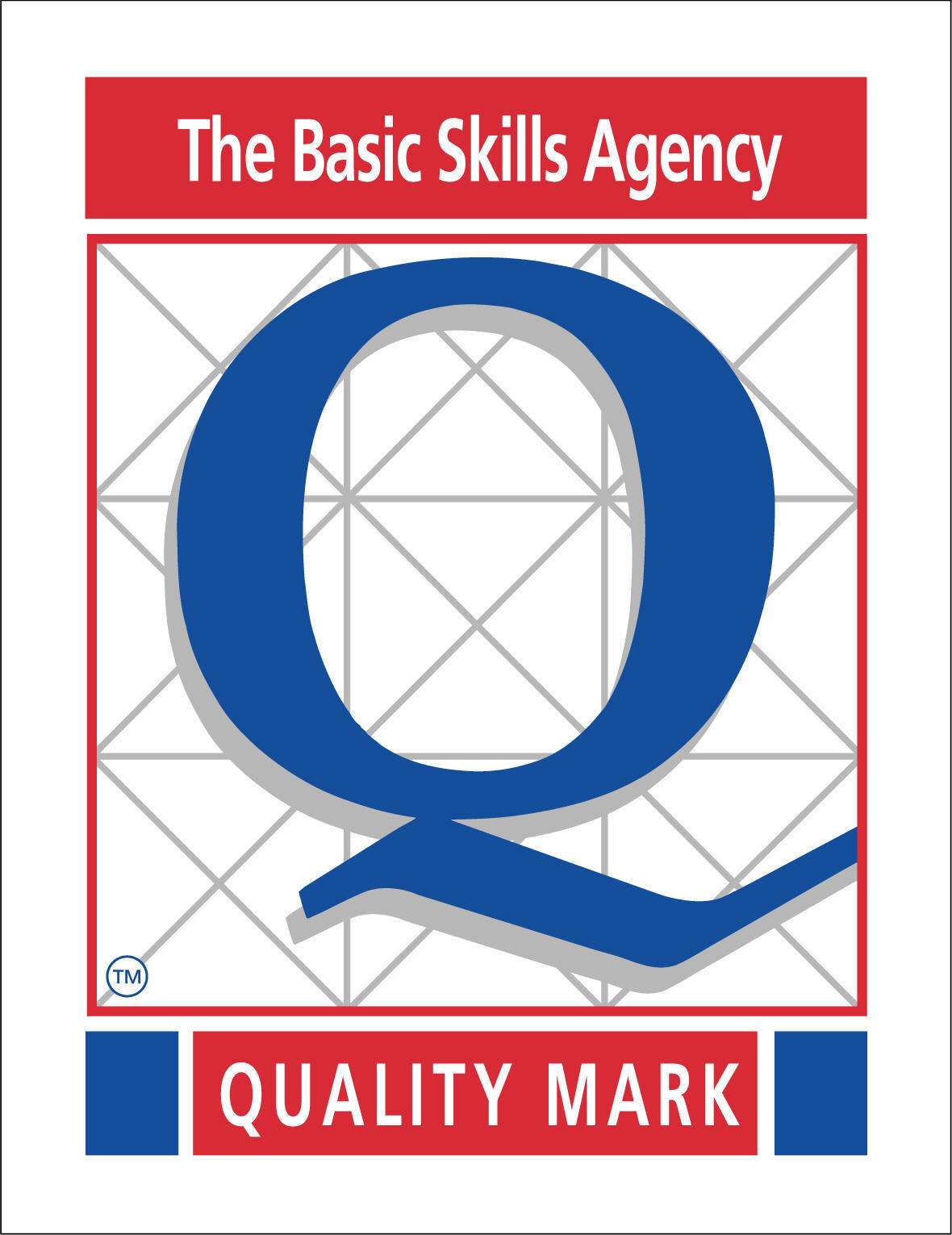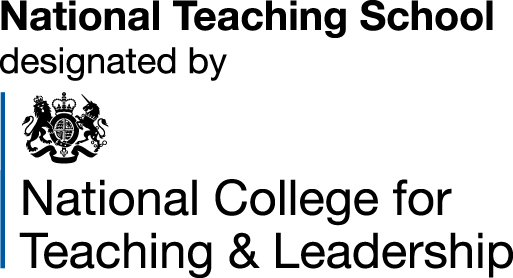Food
Food, Preparation and Nutrition
This new and exciting course led by AQA aims to equip students with the knowledge, understanding and skills required to cook and apply the principles of food science, nutrition, and healthy eating to what they have made.
It offers valuable preparation for those wishing to progress to further or higher education, leading to careers in teaching, food science, dietetics, manufacturing, or a role within the hospitality industry. It also develops vital life skills which will enable students to feed themselves and others affordably and nutritiously, both now and later in life.
KS4 Course Content:
- Nutrition
- How peoples’ nutritional needs change and how to plan a balanced diet for those life stages, including for those with specific dietary needs.
- How to maintain a healthy body weight throughout life and avoid diet related diseases e.g., diabetes, coronary heart disease.
- Nutrient functions and main sources and the importance and function of water in the diet.
- Recipe and meal planning.
- A study of the major food groups including cereals and cereal products, fruit and vegetables, dairy foods, meat and meat alternatives, fats, and sugars.
- Food (Provenance and choice)
- Where and how foods are grown, reared, or caught, then processed or produced.
- How processing affects the sensory and nutritional properties of ingredients.
- The impact of food and food security on the environment, local and global markets, and communities.
- Technological developments that claim to support better health and food production.
- A study of culinary traditions in Britain and two international cuisines.
- How sensory perception guides the choices that people make.
- The sensory qualities of a range of foods and combinations.
- The range of factors that influence food choices.
- The choices that people make about certain foods according to religion, culture, ethical belief, or medical reasons.
- How to make informed choices about food and drink to achieve a varied and balanced diet, including awareness of portion sizes and costs.
- The influence of food labelling and marketing on food choice.
- Cooking and Preparation
- Why food is cooked.
- Food safety principles when buying, storing, preparing, and cooking food.
- How heat is transferred to food through conduction, convection, and radiation.
- Appropriate cooking methods to conserve or modify nutritive value or improve palatability.
- Understanding of the working characteristics, functional and chemical properties of a wide range of ingredients to achieve a particular result.
- The effect of preparation and cooking on the sensory and nutritional quality of dishes.







